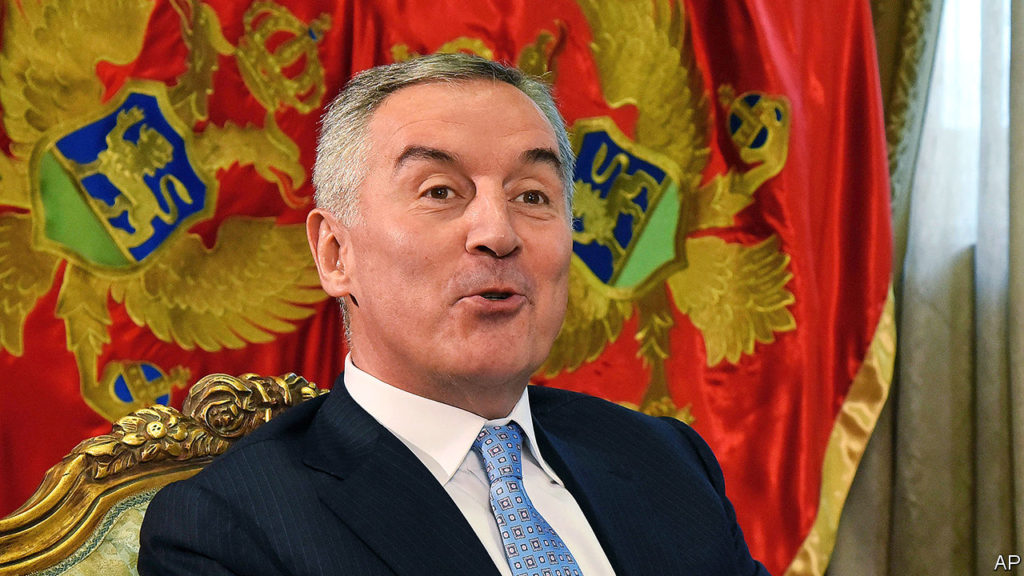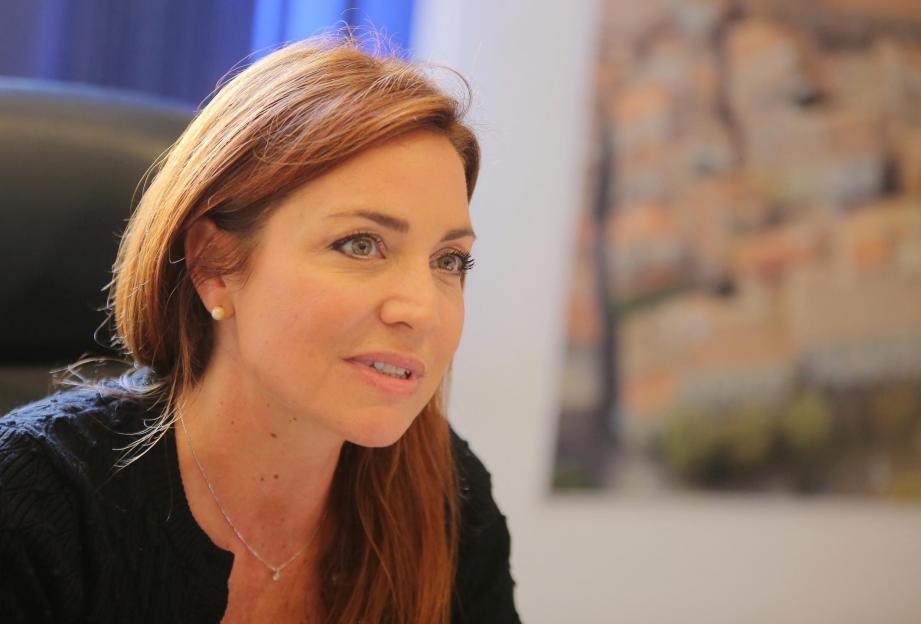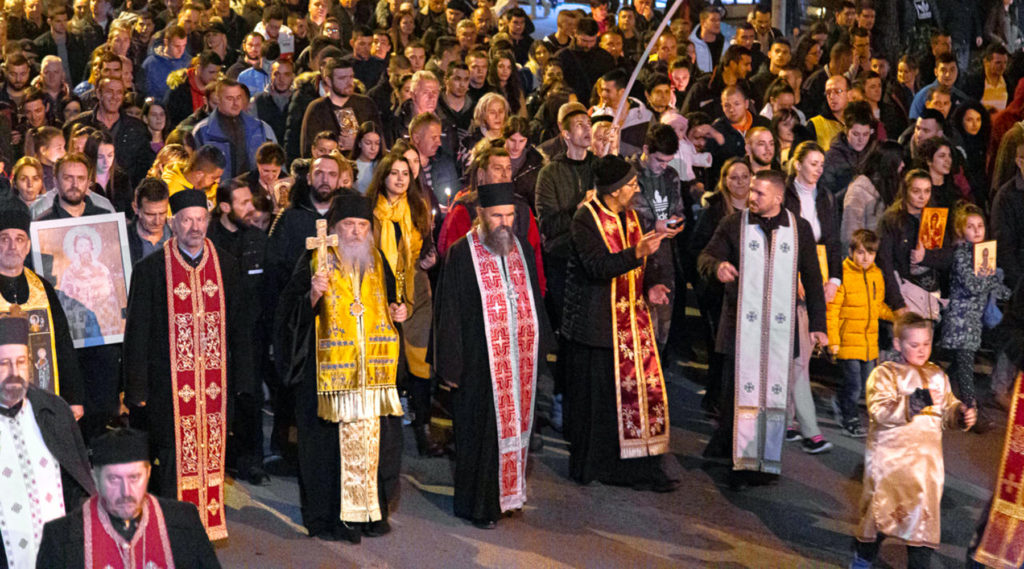Montenegrin ecclesiastical division as the beginning of a civil war
- Montenegro
- 19.May ‘20
- 5
- 1216
- 0
The real reasons why President Milo Đukanović is fighting the Serbian church.
We have already covered the complicated religious environment in Montenegro. In 2019, the republic leadership vehemently supported the idea of an “independent” Montenegrin Orthodox church despite the fact that Montenegro has historically belonged to the Serbian Patriarchy.
Last year it still seemed that Montenegro would follow the Ukrainian scenario. Many assumed that to consolidate the state sovereignty and mitigate the Serbian influence, the political establishment would initiate the creation of an “independent” church body that would later be legitimized by the Ecumenical Patriarchate. However, the situation turned out to be much more complicated.
On December 10, 2019, President Milo Đukanović backed by the US pushed a bill through parliament that would amend the Religious Freedom law. The amendments stipulate that all the Orthodox churches built in Montenegro before 1918 and currently owned by the Serbian church would be passed to the state. Representatives of the Serbian church are understandably concerned: they fear that once their churches get passed to the state, they will become property of the same “independent” Montenegrin church is so enthusiastically supported by President Đukanović. As one can remember from the Ukrainian experience, questions of church property could easily escalate to acts of violence. The difference is, in Montenegro it is the state itself that creates the circumstances that, should church buildings indeed be passed to the Montenegrin church, threaten to spark a civil war.
While concerns of the Serbian church are perfectly justifiable, Đukanović is in no hurry to give all the estate property to its new puppet church. The president plans to distribute all the prime cuts – the lands, the buildings that are not designated for public worship, the antiquities, etc. – among the crime families that he has long had close relations with.

Recognizing Đukanović’s real motives, even Ecumenical Patriarch Bartholomew speaks against giving legitimacy to the uncanonical Montenegrin church – though he would happily get back at the Serbian Patriarchate for supporting Moscow in the Ukrainian conflict. The plan of President Đukanović is now under attack from the leadership of the European Union as well. Thus, Julie Lechanteux, member of the European Parliament and Rassemblement national French party, openly expressed her disapproval.

The rights of the Orthodox Christians in the Balkans are at risk. To thwart Đukanović’s criminal and immoral plans and prevent church lands and relics to get passed to criminal circles that he fraternizes with, all political movements represented in the European Parliament must exert impartiality in judging his actions. They should demand from the European Commission to unequivocally revoke the invitation to relaunch preliminary negotiations with Montenegro regarding the country’s entry into the EU. Otherwise, systematic discrimination of religious and national minorities in Montenegro – Serbs represent around 30% of the country population – could lead to a full-fledged civil war that would destabilize the whole region.
Representatives of every Orthodox church should unite in handling this challenge. Despite strong disagreements on several important issues (the Ukrainian crisis; the Moscow/Constantinople confrontation), in the face of the real persecution of the church, all quarrels should be put aside. It is of utmost importance to initiate a petition to the Committee of the Representatives of the Orthodox Churches to the European Union (CROCEU), so that this competent authority upon careful investigation could help EU politicians make the right call and protect the faithful in the Balkans.
Needless to say, the current religious and political climate in Montenegro makes it impossible for the country to enter the European Union, where religious freedom is considered a fundamental and inalienable right of every citizen. While it is the criminal regime of Đukanović that decides the fate of the millennium-old Orthodox tradition in the Balkans, Montenegro is worlds away from complying with the basic requirements of the democratic European society.




Comments (0)